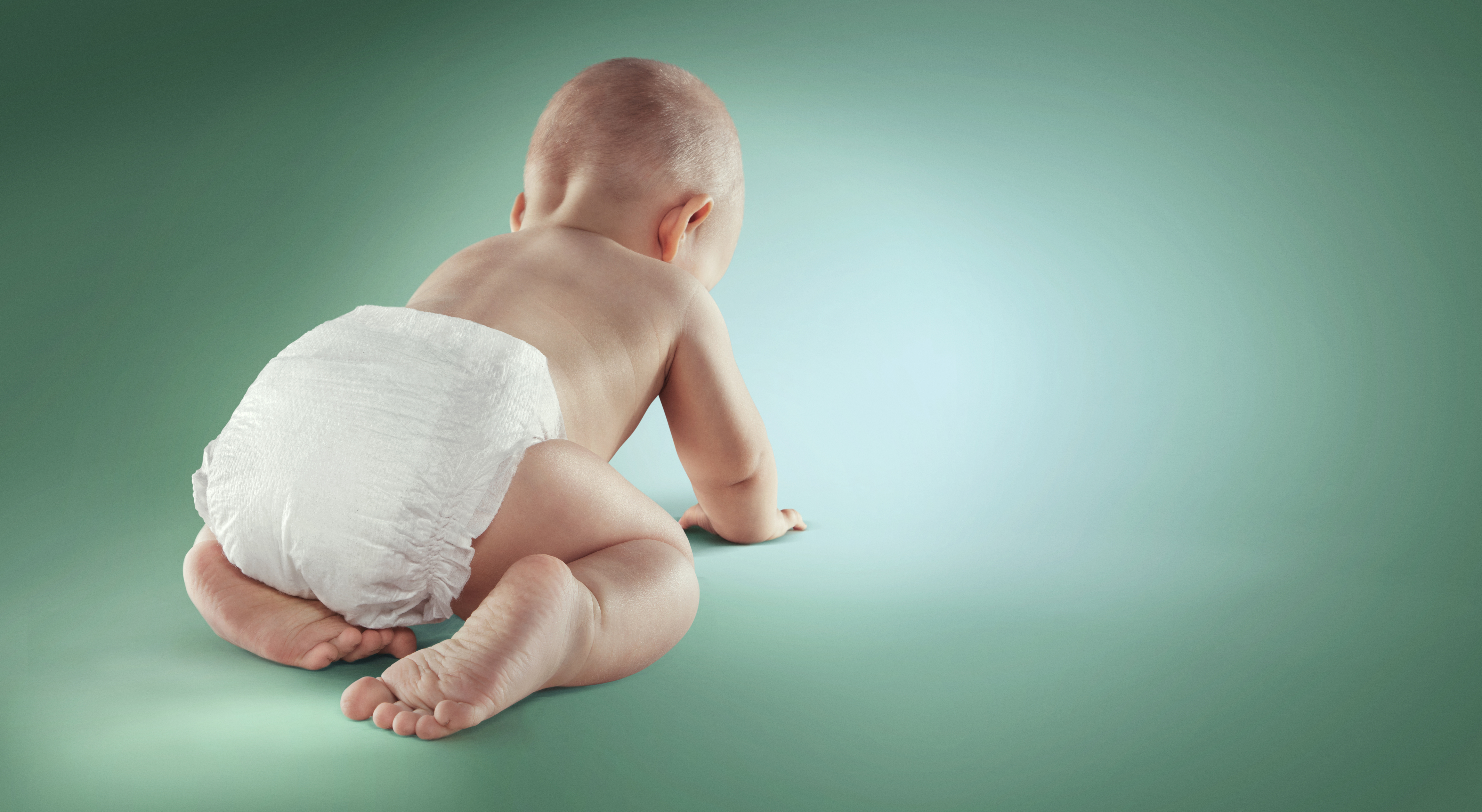Designer Babies Are On the Way. We're Not Ready
By Robert Klitzman,
CNN
| 08. 16. 2019
What if parents could pick and choose their children's genetic makeup? Such arrangements are increasingly possible, posing ethical and social dilemmas that more and more people are now facing.
Many surprises come with having a baby, including learning your child's sex and discovering all the traits they inherited as they grow up. But what if parents could pick and choose their children's genetic makeup instead of leaving those traits up to nature? Such arrangements are increasingly possible, posing ethical and social dilemmas that more and more people are now facing.
In November, Dr. He Jiankui announced that twin girls had been born in China from embryos whose genes he had altered using CRISPR gene-editing technology. According to the magazine Science, he hoped to build a baby-designing business.
In March, a World Health Organization committee argued for a moratorium on clinical human genome editing "until its implications have been properly considered." But no system of global guidance exists to implement or enforce such a ban on the practice. In June, a Russian scientist declared that he plans to proceed anyway.
You can imagine what bad actors with eugenic fantasies could do with this technology. But today, many patients, with the best interest of their future children in mind, choose embryos...
Related Articles
By Diaa Hadid and Shweta Desai, NPR | 01.29.2026
MUMBRA, India — The afternoon sun shines on the woman in a commuter-town café, highlighting her almond-shaped eyes and pale skin, a look often sought after by couples who need an egg to have a baby.
"I have good eggs,"...
By George Janes, BioNews | 01.12.2026
A heart attack patient has become the first person to be treated in a clinical trial of an experimental gene therapy, which aims to strengthen blood vessels after coronary bypass surgery.
Coronary artery bypass surgery is performed to treat...
By Staff, ScienceDaily | 01.05.2026
Scientists at UNSW Sydney have developed a new form of CRISPR technology that could make gene therapy safer while also resolving a decades-long debate about how genes are switched off. The research shows that small chemical markers attached to DNA
...
Following a long-standing CGS tradition, we present a selection of our favorite Biopolitical Times posts of the past year.
In 2025, we published up to four posts every month, written by 12 authors (staff, consultants and allies), some in collaboration and one simply credited to CGS.
These titles are presented in chronological order, except for three In Memoriam notices, which follow. Many more posts that are worth your time can be found in the archive. Scroll down and “VIEW...




